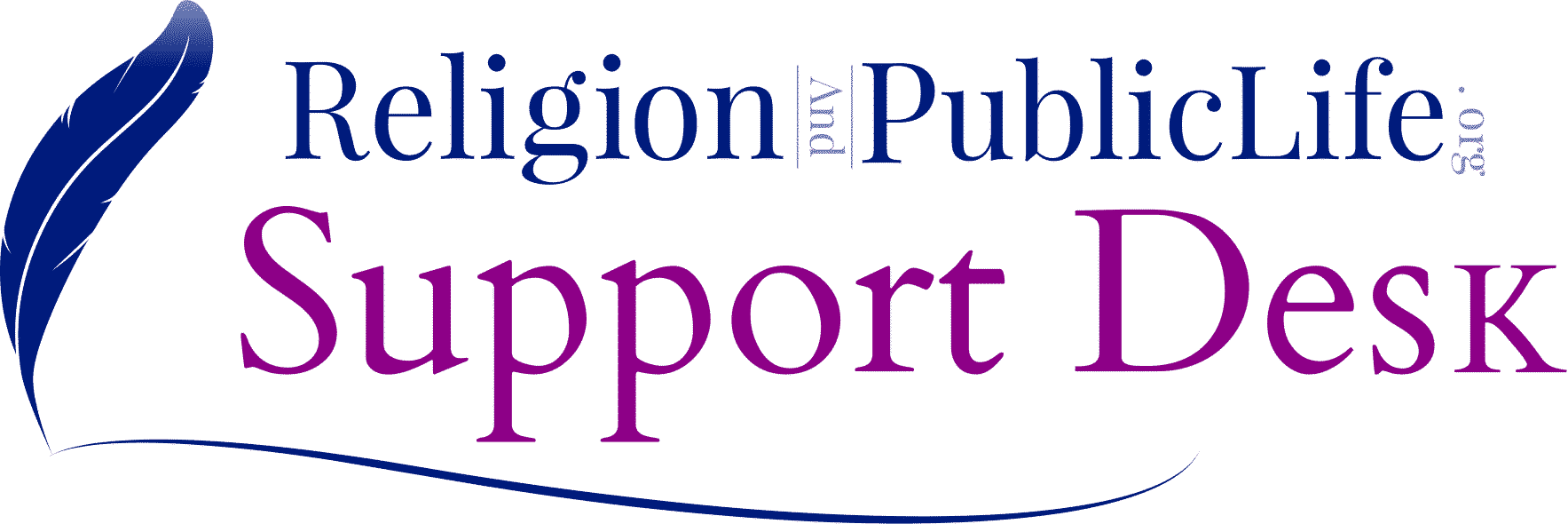The 3Rs of Religious Liberty
We also emphasize “The 3Rs of Religious Liberty” as articulated in the Williamsburg Charter, which was signed by 100 national leaders on June 22, 1988, in commemoration of the 200th anniversary of Virginia’s call for a Bill of Rights. The 3Rs illustrate that everyone has rights and that everyone has the responsibility to respectfully protect the rights of others.
▸ Rights: Religious freedom, liberty of conscience, is a precious, fundamental, and inalienable right for people of all religions and none.
▸ Responsibility: Central to the notion of the common good, and of greater importance each day because of the increase of pluralism, is the recognition that religious freedom is a universal right joined to a universal duty to respect that right for others. Rights are best guarded and responsibilities best exercised when each person and group guards for all others those rights they wish guarded for themselves.
▸ Respect: Conflict and debate are vital to democracy. Yet if controversies about religion and public life are to reflect the highest wisdom of the First Amendment and advance the best interests of the disputants and the nation, then how we debate, and not only what we debate, is critical.
Citation: “Introduction” by Os Guinness and “The Williamsburg Charter” in James David Hunter and Os Guinness, eds., Articles of Faith, Articles of Peace: The Religious Liberty Clauses and the American Public Philosophy. Washington, DC: The Brookings Institution, 1990, pp. 1–16 and 127–145.
Watch: The Reading of the 3Rs from the Williamsburg Charter, Religious Freedom Center of the Freedom Forum Institute, Washington, D.C.
Nate Walker is the author of this solution article.
Did you find it helpful? Yes No




